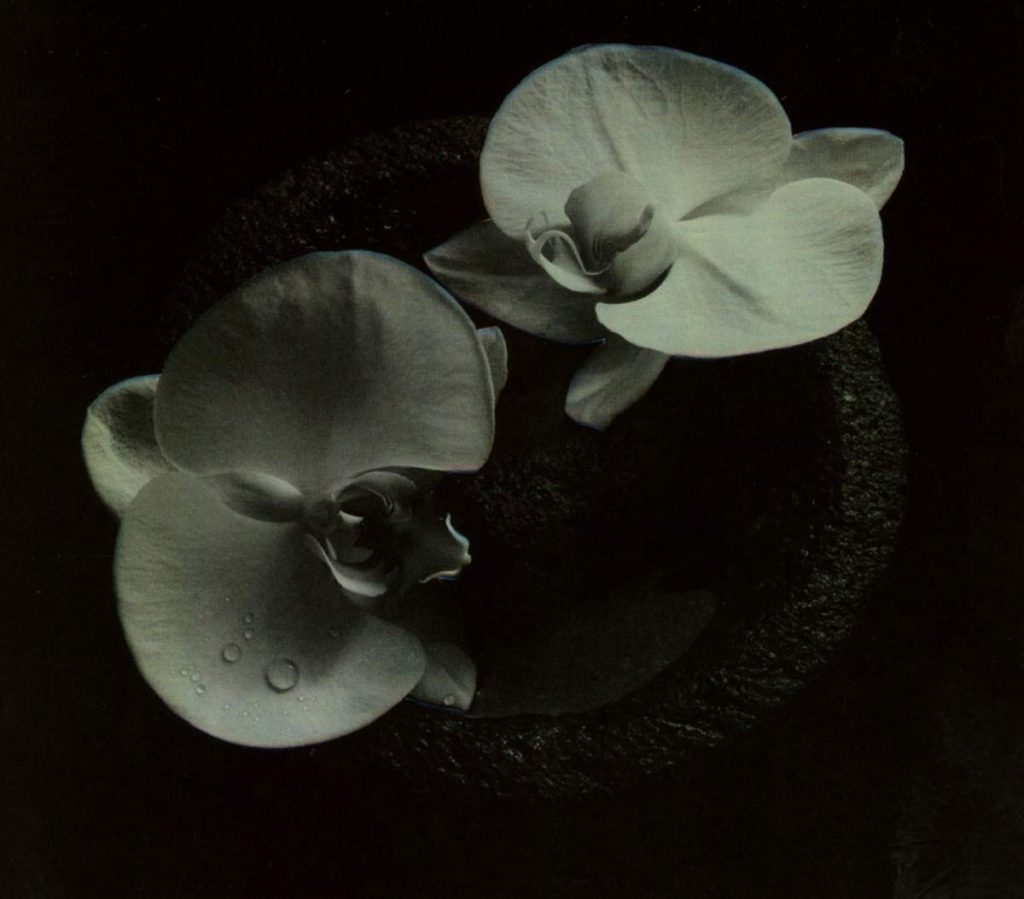
Mike Patton’s search for depth and meaning has led him down many strange avenues. From the twisted lounge of Loveage to the metallic psychosis of Fantomas, the results are always interesting (if not always to everyone’s taste), and his wide-eyed genre-hopping is clearly born out of a deep seated love for music in all its forms, coupled with a distaste for the mundanity of the mainstream only marginally alleviated when he should happen to break into it. Time again, Patton has shown himself to be a visionary, and there are few other vocalists who possess such an ability to twist the everyday into something new and unworldly.
Of Jean-Claude Vannier, I must confess to know little, although he is famed for his work with Serge Gainsbourg. According to the detailed liner notes, Vannier met Patton at a Gainsbourg retrospective and, with the two hitting it off instantly, a collaboration was only a matter of time. The Gainsbourg connection notwithstanding, it is arguable that Vannier’s work scoring movie and television is the invaluable element here (it’s notable that composer Kaada also has considerable experience in scoring film), the fluidity that is demanded when responding to an emotional event on screen a key ingredient when working with an artist whose whole oeuvre seems to thrill to the unintended. Certainly, Vannier’s presence brings a sense of heightened drama to the compositions and there’s a wonderful sense of mutual respect that allows for a wide-ranging album that defies easy categorisation.
Perhaps ironically, opening number Ballad C.3.3 wouldn’t sound entirely out of place on one of the latter Faith No More albums, its explosive, lounge stylings rendered familiar by Mike Patton’s rich, semi-spoken vocals. It’s a disconcerting album opener, placed at the start with no immediate context and it neatly sets the tone for the album. It’s followed by Camion, which, with its kooky keyboards, off-kilter guitars and spasmodic splashes of orchestral weight, sounds like the elevator music that Joker might make, soothing in a threatening sort of way and given over to brief surges of unhinged psychosis. The piano-led Chansons D’amour, complete with breathy vocals and subtle strings, is a haunting piece that eschews the irrepressible and emerges as a noire-ish jazz soundtrack reminiscent of Barry Adamson, an artist with whom Patton shares certain stylistic similarities. In contrast, cold sun fully embraces the sound collage approach of Fantomas, imbuing it with a warmer heart, whilst giving full reign to Patton’s multi-layered vocal approach. An album highlight, browning crosses the electronica of Peeping Tom with an avant-western approach, Patton’s semi-spoken narrative perfectly backed by creeping guitar and rolling percussion. The first half concludes with the creepy, gothic Hungry Ghost, which sounds like Nick Cave covering make me a channel of your peace, interspersed with elements of high drama.
Perhaps the album’s most whimsical piece, the darkly-titled Corpse Flower is a sweeping, airy piece that mixes jazz and neo-classical elements in a manner that evokes images of a night time stroll through the suburbs of Paris as Patton recites the names of various delicacies like some sort of deranged Goulu. Conversely, Insolubles is so straight-laced that it slips deliciously into parody, the kicker being that the more esoteric strains of On top of the world (whistling included) come across as far more serious. However, it’s the dusty, countrified guitar and lush orchestration of Yard Bull that really shines out of the second side of the album. Reminiscent of the wilful experimentation of Bee and Flower, it’s one of those songs that captures the imagination and evokes a far-off landscape, Patton’s rich vocal tones tying the piece together beautifully. The shuffling darkness of A Schoolgirl’s diary is another track that taps into Barry Adamson’s murky world, the seeming banality of the story belied by the explosive score that Vannier and the band provide. It’s musically and lyrically brilliant, Patton’s deliciously deadpan delivery giving way to slight hysteria as the subject finally breaks out of her everyday grind. It leaves Pink and bleue, so reminiscent of the closing score to a fifties movie, to bring the album to an end, although, it’s very much in question as to whether any genuine exponent of film scores would pen the line “when I drink too much, I shit my pants”. Nonetheless, pink and bleue is a perfectly-formed album closer, with only Mike Patton subverting the form (albeit with love) as the band whip a wonderfully filmic, Parisian swirl behind him.
There’s a playfulness to Corpse Flower that stems from the mutual regard in which Patton and Vannier hold one another. It’s a beautifully recorded and played album that feels like a guided tour of the seedy underbelly of Paris, Mike Patton the superficially genial tour guide, whose thousand-yard stare suggests a tour too many and an imminent psychotic breakdown. To this, Vannier adds style and colour, the music guiding Patton to each subsequent location and allowing him free reign as to how to make the approach. Corpse Flower is a unique entity. Impossible to define, it bridges the worlds of jazz, rock, avant-garde and film scoring, steadfastly refusing to settle in one and constantly redefining itself. Yet, for all that, it’s a strangely easy listen and, played with the lights dimmed low, is the perfect score for the unsettled imagination. 9.5



